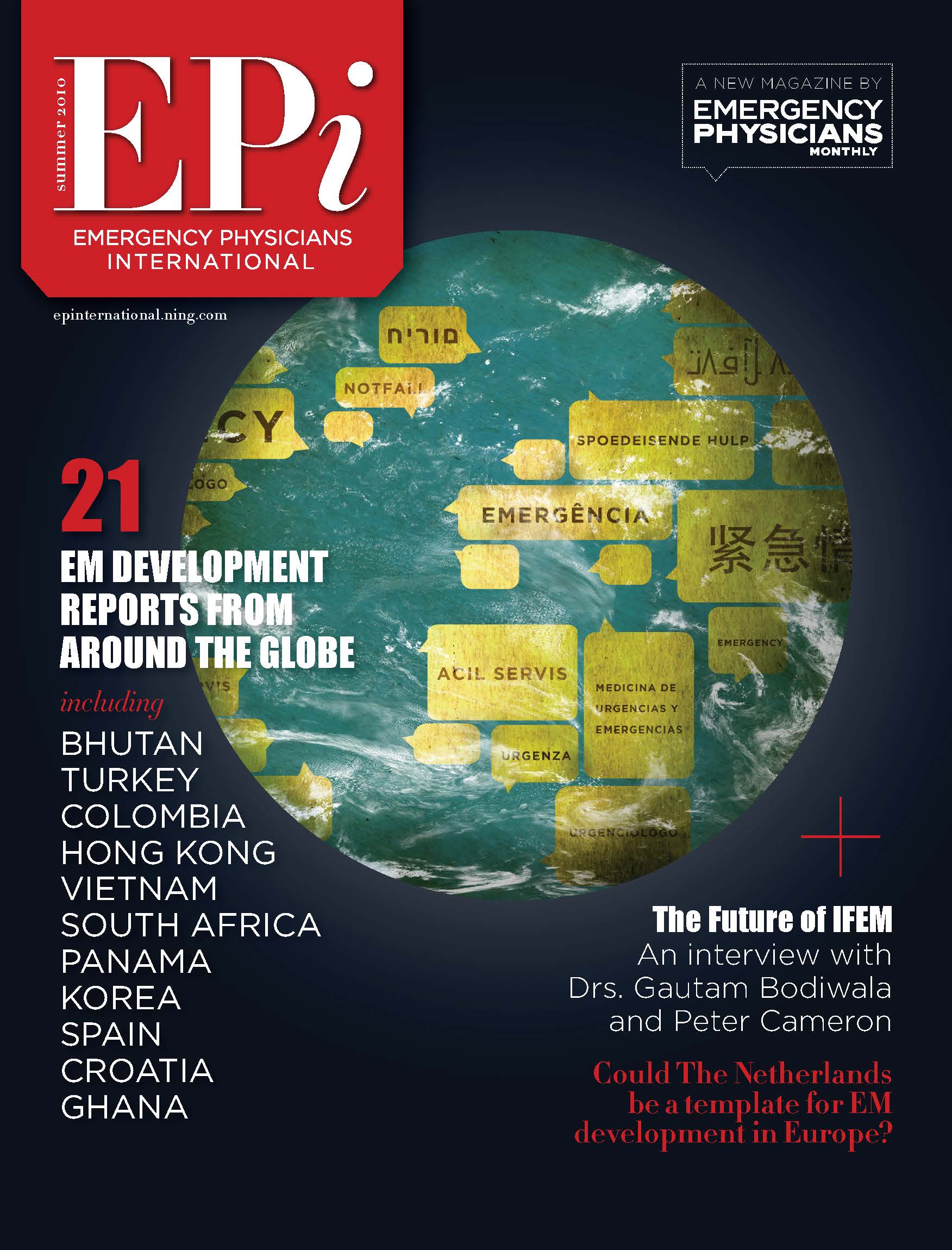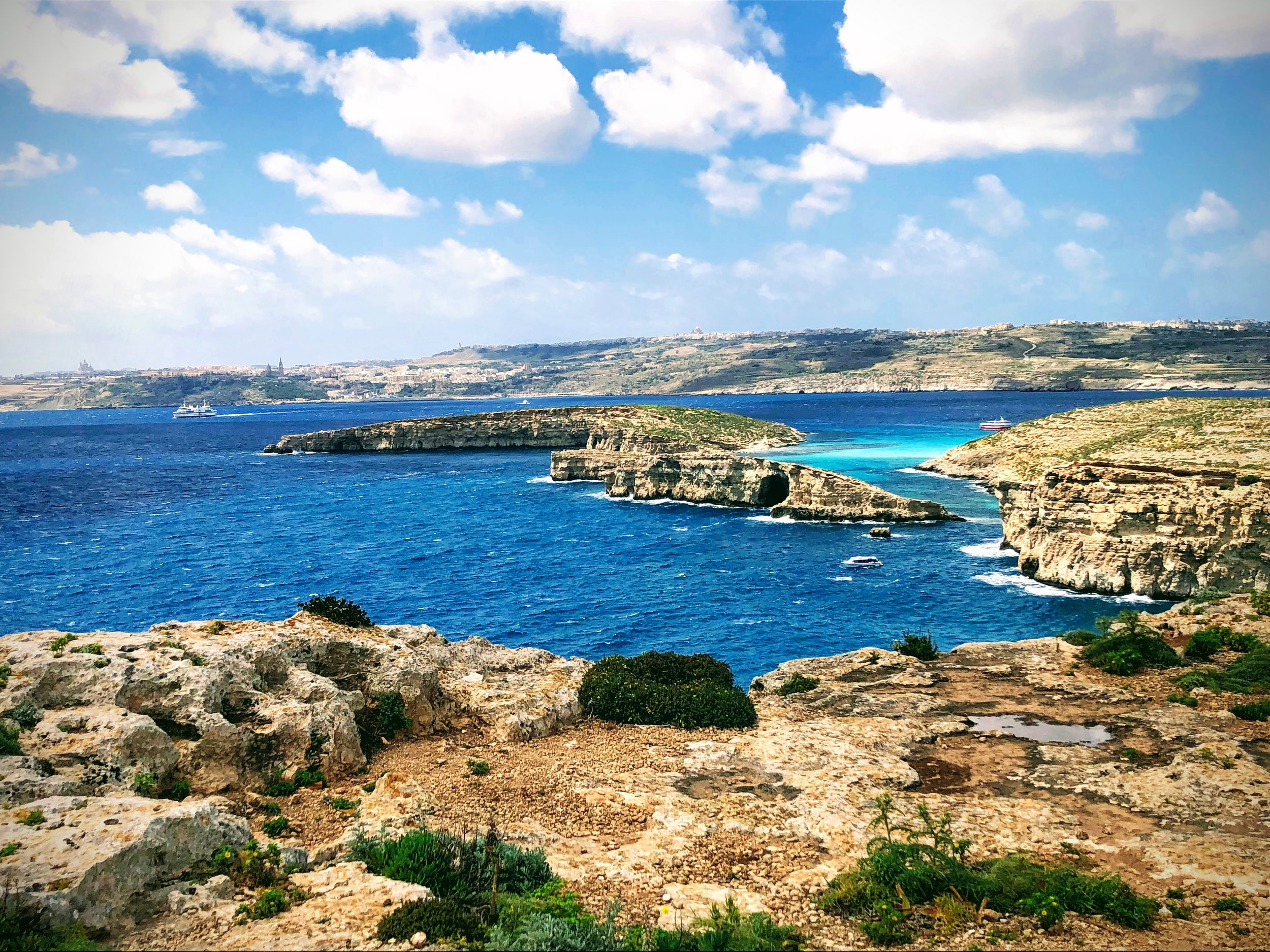Reintroducing DevelopingEM
On March 11, 2020 the World Health Organisation (WHO) officially announced a global pandemic that has changed our lives forever. It was also the last day of our Colombian event, DevelopingEM 2020, and in fact the WHO announcement was during a very pertinent presentation on COVID19 by Dr Ben Wyler. As we all headed home to periods of quarantine and busy workplaces the future of conferences and DevelopingEM was uncertain. The subsequent 18 months has seen enormous changes for all of us.
Lockdowns have given us plenty of time to think about the future of DevelopingEM and we believe there remains a place for a mostly live and interactive conference focussing on the development of emergency medicine. People meeting people has been the core benefit of our events and so many long standing and productive relationships have occurred as a result of DevelopingEMers meeting one another.
Next week we are formally announcing our plans for next year, DevelopingEM 2022 Darwin, and ahead of the announcement we wanted to reintroduce DevelopingEM as an organisation.
DevelopingEM is a little venture Sanj Fernando, Lee Fineberg and myself started about 10 years ago and DevelopingEM 2022 will be our eighth event.
DevelopingEM Ltd is a not for profit venture with a unique financial model.
On average greater than 90 percent of our funding comes from the registration fees of attendees from privileged situations, often where there is individual access to substantial study leave funding.
This funding not only pays for the organisational aspects of each event but, with careful budgeting, it allows funding to be directed towards subsidising the attendance of clinicians from host nations and regions.
The absence of a requirement for medical industry funding gives us organisational independence and there is no influence from industry bodies on our ethos and direction.
We aim to hold a regular regional conference in a situation where emergency medicine is rapidly evolving.
The educational approach is centred on the provision of excellent clinical information aimed at the senior clinician allowing all attendees to take home clinical pearls to their next clinical shift.
The core conference has tracks focussing on Adult Emergency Medicine and Critical Care, Paediatric Emergency Medicine and Trauma Care.
These core tracks are teamed with sessions focussing on the development of emergency medicine globally as well as sessions determined by the host partners.
Over the years we have had a number of enthusiastic partner organisations.
Illawarra Shoalhaven Local Health District (ISLHD) provides us with non clinical time to focus upon DevelopingEM.
Alfred Health is our event management team.
The Alfred Emergency and Trauma Centre from Melbourne runs our trauma track, Stonybrook Health from New York organises the Adult Emergency Medicine track and McMaster Sick Kids in Ontario our Paediatric track.
We have a range of workshop providers depending on the needs and requests of our regional partners.
DevelopingEM 2022 will be our eighth event with previous events in Sydney, Cuba (twice), Brazil, Sri Lanka, Fiji and Colombia.
Over that time we have sponsored the attendance of over 600 regional clinicians who, depending on the setting, have paid anything from zero to ten percent of the registration fees of an international delegate.
The last 3 conferences have seen this delegate support become a much more organised venture with local and regional delegates not only mostly funded from a registration point of view but also receiving accommodation and travel assistance.
We remain very proud of this aspect of DevelopingEM.
One of the other achievements, which was less anticipated, were the longer-term effects of a broad range of clinicians coming together.
The opportunity that the events have provided for like-minded people to meet has resulted in lasting relationships that have resulted in long standing benefits across the regions where the conferences have been held.
Some examples include recurrent paediatric, ultrasound and trauma workshops across the Caribbean, increased connectivity between regional clinicians with mentors and educators in Australia and the USA, and ongoing mentoring of prehospital practitioners in Sri Lanka.
The benefits have certainly not been unidirectional, and we have been taught much by our regional colleagues.
Perhaps the most acute lesson is just how lucky we are here in Australia.
We in Australia are monumentally privileged in global terms to have the health care systems and working conditions that we enjoy.
Despite having a luxurious health care system, the explanation of the benefits of different systems from around the globe demonstrates that we also have much to learn about how to maximise the benefit of an emergency medicine system.
We have learnt how the Cuban system achieves the same health outcomes as Australia at one eighth of the cost.
We have seen how developing an emergency system from the ground up in Sri Lanka allows that system to focus on patients with actual emergencies.
Just because we have it good doesn’t mean we cant learn to be better, to be efficient and to be more focussed.
We have also been taught what it is actually like being an emergency clinician in a different system.
Emergency clinicians from around the globe have explained how they battle illness in working conditions we can barely fathom, with enthusiasm and without complaint.
These experiential presentations have been a core of our conferences and it has been an absolute privilege to learn from wonderful clinicians from around the world.
One of our Brazilian colleagues, Daniel Schubert, related recently what a 12 hour shift in an ED in Rio looks like.
Dan described the following patient selection from a recent shift and I think most clinicians in Australasia would struggle to rack up similar patients in years of practice.
In one average shift Dan treated patients with
Miliary Tuberculosis
a Type A Aortic Dissection
a Traumatic and Expanding Neck Haematoma
High Cervical Fractures and Neurogenic Shock
Cardiac Arrest
Severe Closed Head Injury- GCS 5
Hepatic Encephalopathy (also COVID positive)
Gunshot wounds (3 patients)
All this with the hospital supply of Ketamine exhausted and N95 masks in such short supply that staff were personally decontaminating their masks to reuse on subsequent shifts.
Similarly Carla Rey Navarro from Chile related how she was part of teams created during the pandemic to move intubated patients in Ebola style iso chambers, six at a time, in the back of a Hercules aircraft. This effort was to reduce the strain on the intensive care units in Santiago as the initial waves of the pandemic battered the capital.
She has also had to manage paramedics being injured whilst trying to care for patients in the middle of street protests, as well as organising the fire related evacuation of a 400 bed Santiago hospital . All this is the middle of a pandemic which has resulted in an enormous impact upon Chile.
Connecting with and learning from intelligent, dedicated colleagues like Daniel and Carla has been one of the amazing personal highlights of DevelopingEM.
So what’s next for DevelopingEM, a conference where the face to face dynamic is core?
Well COVID 19 has meant some changes for us.
In 2022 we were looking to combine with the African Federation for Emergency Medicine (AFEM) and conduct back to back conferences in Ghana, where there are rapidly evolving emergency medicine systems.
Both organisations remained excited about a joint venture but mid-way through 2020 it became clear that that even by late 2022 a live conference in Africa had no chance of happening.
It was a difficult realisation as we had been trying to get our event to the continent for a number of years.
We haven’t abandoned the idea and at this stage both AFEM and DEM are going to look at the possibilities for an African event in 2024.
So what to do instead?
Well for many years we had discussed the idea of a conference in Australia perhaps with a focus on First Nations Healthcare, and with COVID changing the face to face conference experience an event in Australasia now seemed a feasible and valuable option.
National and Local partners agreed and we look forward to them contributing hugely to the event.
There are differences and similarities between international developing emergency medicine situations and the Rural, Remote and First Nations critical care that are present within the Northern Territorian context.
So even though this will be a local conference we think that DevelopingEM 2022 Darwin easily fits within the aims and objectives of our organisation.
We hope during the conference to have a major focus on the challenges and opportunities of First Nations Critical Care and negotiations to work out how to appropriately integrate this topic into the platform are ongoing.
Lee, Sanj, I and the entire team are really excited about the possibilities DevelopingEM 2022 Darwin will hopefully bring.
We are also very enthused at the prospect of seeing you, our DevelopingEM family, again.
Stay tuned for our formal announcement next week and if you would like to be included on our mailing list to get regular updates as we move forward, please let us know.











